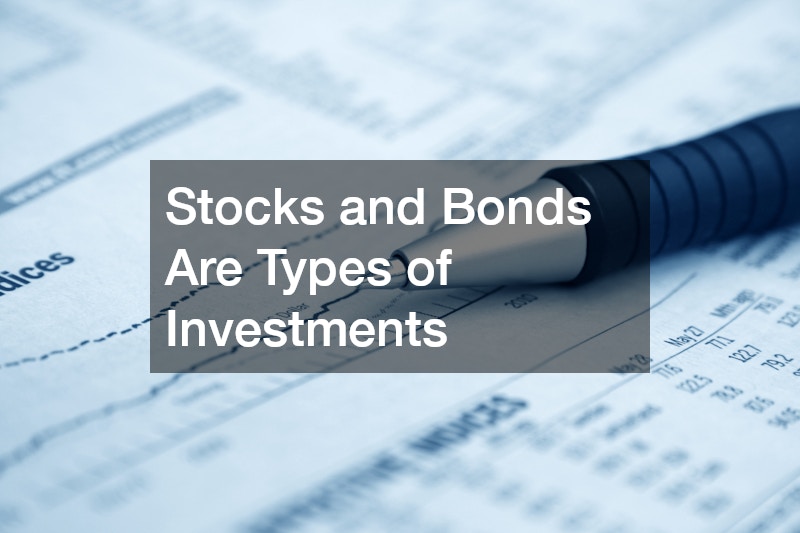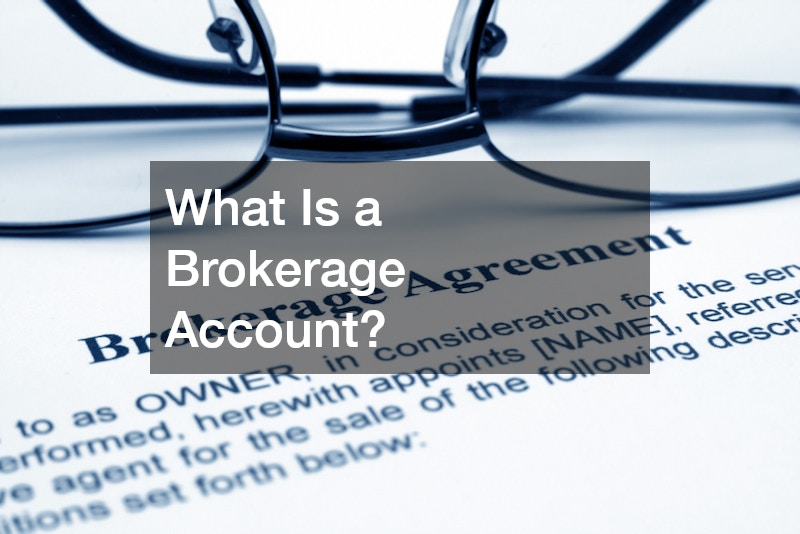
A brokerage account is a type of investment account that allows individuals to buy and sell securities, such as stocks, bonds, mutual funds, and exchange-traded funds (ETFs). By opening a brokerage account, you gain access to financial markets and can manage investments with the potential to grow your wealth over time. Unlike a savings account, which is primarily for storing cash, a brokerage account is designed to help investors participate in the stock market and other financial opportunities.
How a Brokerage Account Works
When you open a brokerage account, you deposit funds into the account, which can then be used to purchase various financial assets. The account is typically managed by a brokerage firm, and the firm acts as an intermediary between you and the stock market. Through an online platform or with the assistance of a financial advisor, you can buy and sell different types of securities, depending on your financial goals and risk tolerance.
There are two main types of brokerage accounts: taxable accounts and tax-advantaged accounts. Taxable brokerage accounts are straightforward, and any gains you earn from your investments are subject to taxes. On the other hand, tax-advantaged accounts, such as Individual Retirement Accounts (IRAs), offer certain tax benefits, making them appealing for long-term retirement savings.
Types of Investments in a Brokerage Account
One of the primary benefits of a brokerage account is the variety of investment options available. Here are some common types of investments you can hold:
Stocks: Owning shares of individual companies allows you to participate in the company’s potential growth.
Bonds: These are loans to companies or governments that pay interest over time and are generally considered lower-risk investments.
Mutual Funds: These pool money from many investors to invest in a diversified portfolio of stocks and bonds.
ETFs: Exchange-traded funds are similar to mutual funds but trade like stocks on exchanges, offering liquidity and diversification.
Depending on your risk tolerance, time horizon, and financial objectives, you can create a balanced portfolio within your brokerage account to match your investment needs.
Choosing the Right Brokerage Firm
Selecting a brokerage firm is an important step in setting up your account. Some firms cater to active traders, offering lower fees and more tools, while others focus on long-term investors and provide more advisory services. Factors to consider when choosing a brokerage include fees, the range of investment options, trading platforms, and customer support.
Watch the video above to learn more!.




